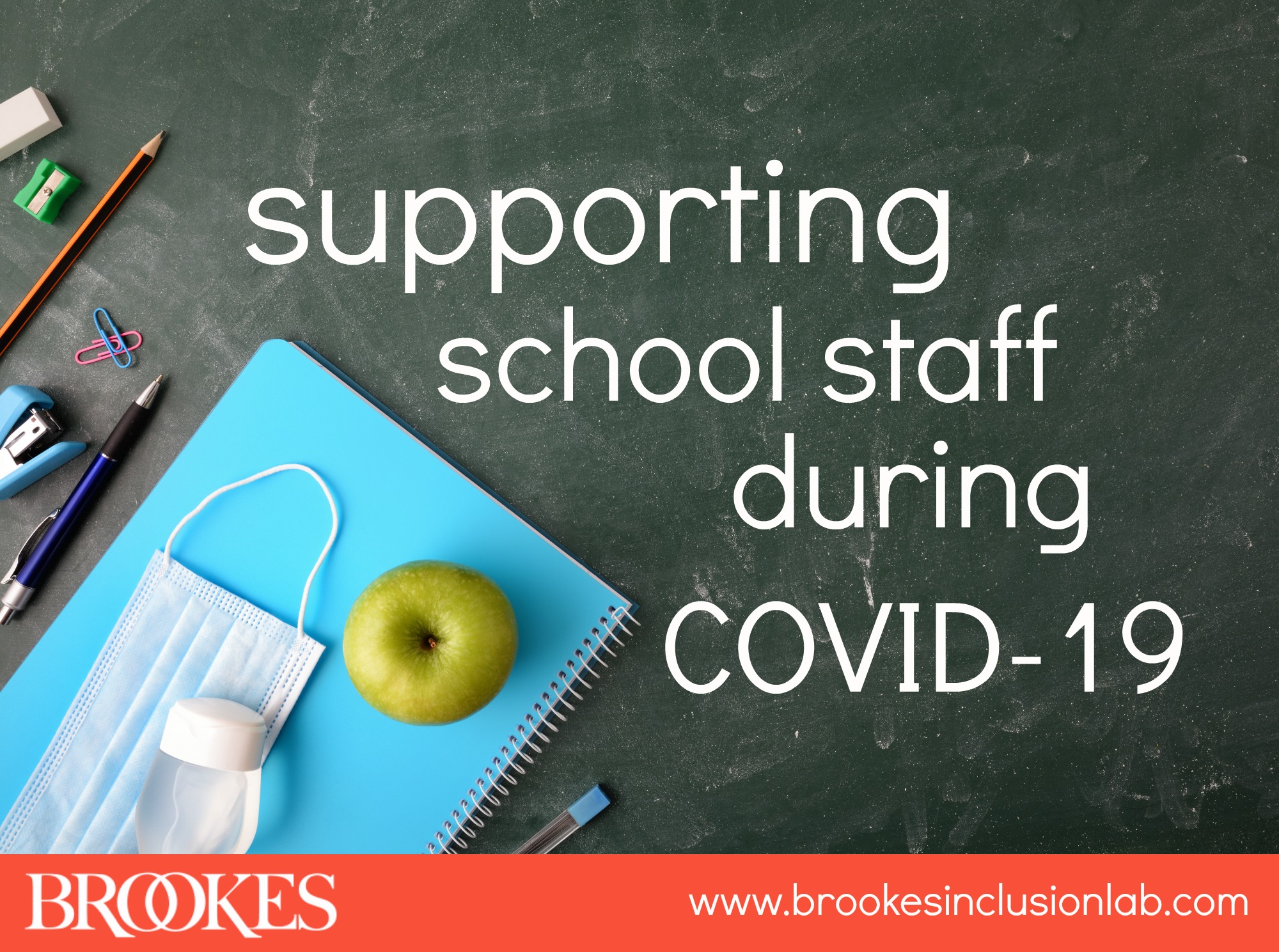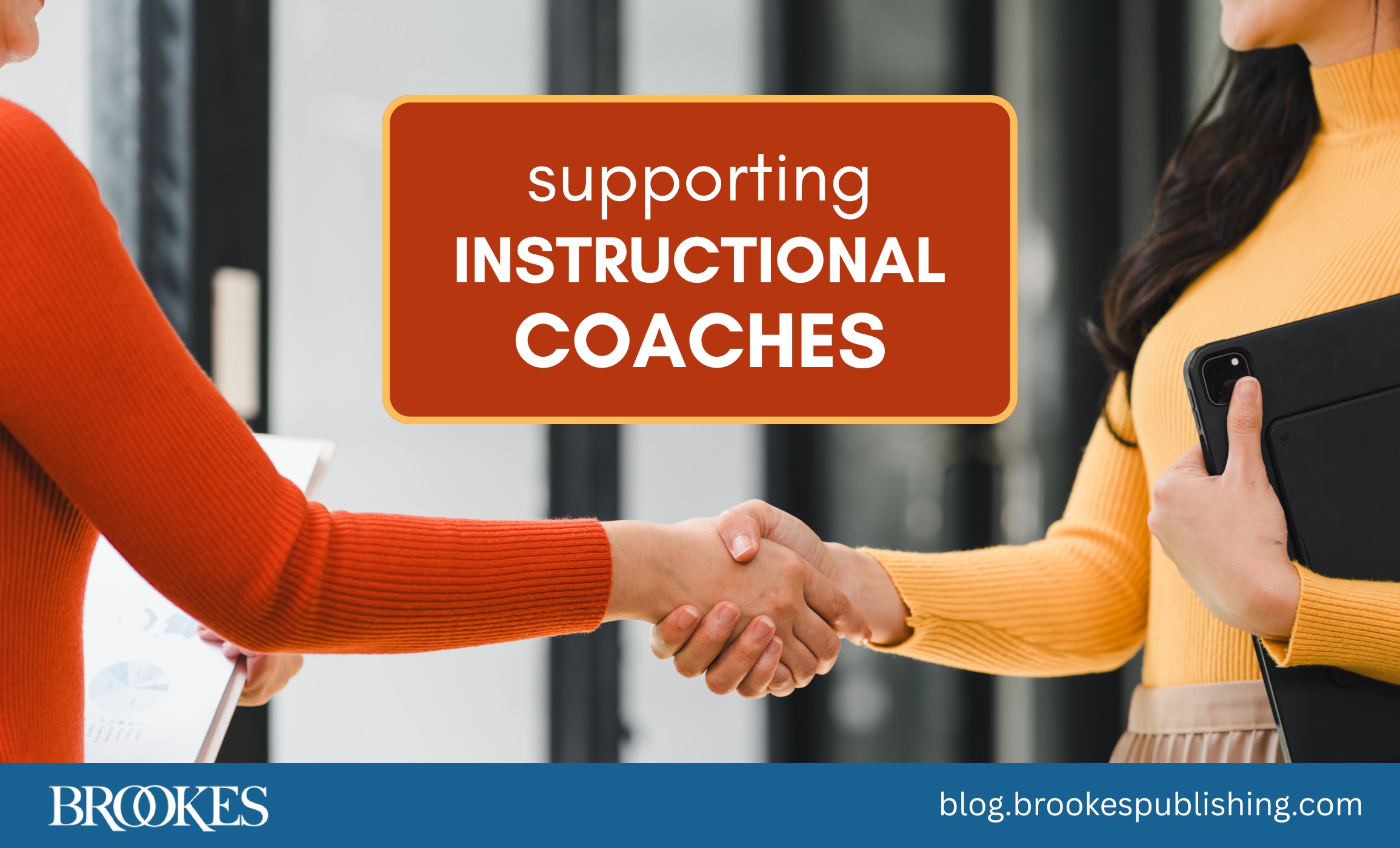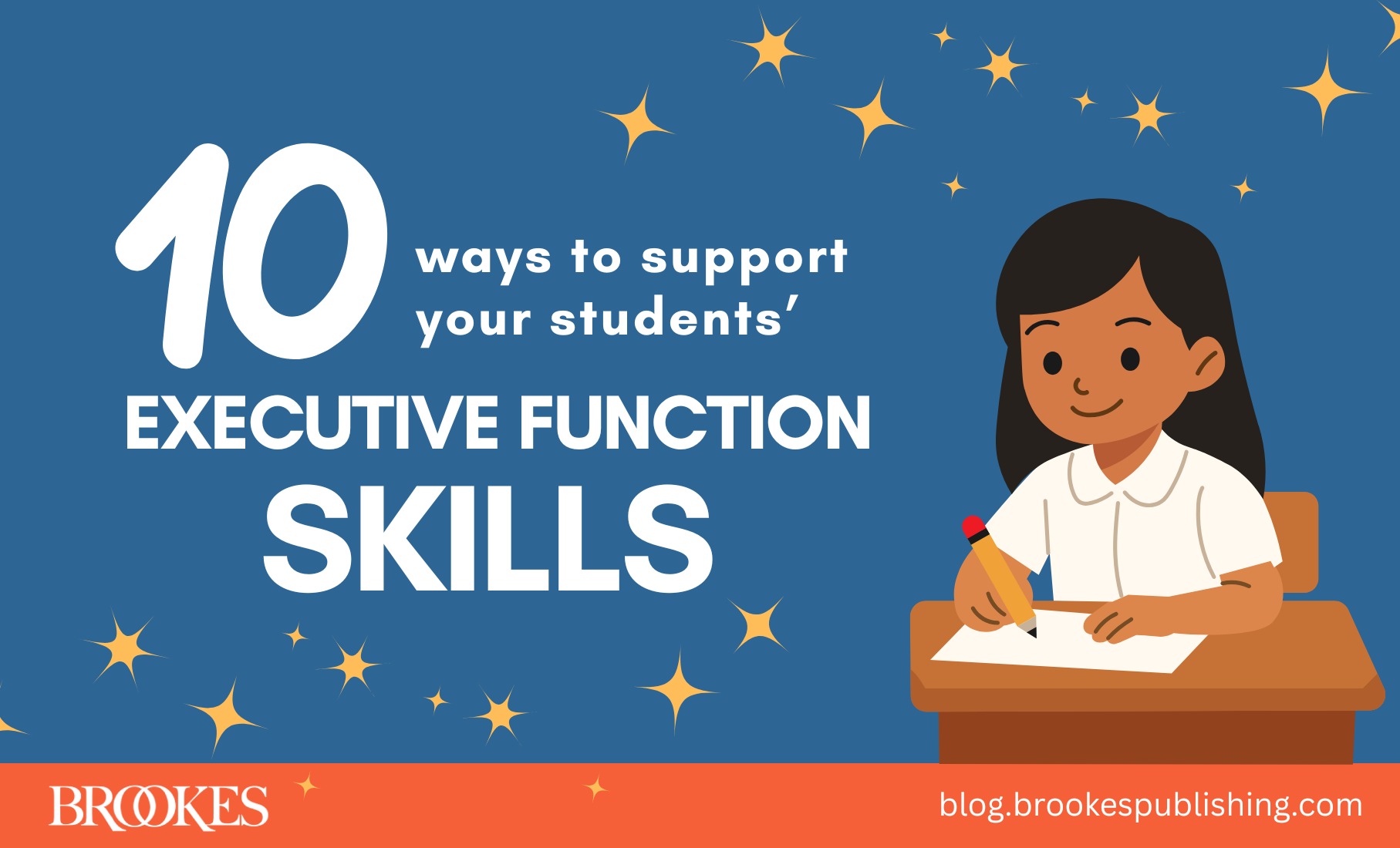12 Things School Leaders Should Do to Support Their Staff This Year
September 22, 2020
If you’re a principal or hold another leadership position in your school, you’re feeling your way through a challenging school year unlike any we’ve ever seen. Right now, you may be assessing what’s working and not working—and standing in awe of the creativity, ingenuity, and determination your teaching staff has already shown this year. You may also be noticing that some of your staff members, who are working so hard to provide all kids with an equitable education, are showing signs of stress, burnout, frustration, and fear about the future. You yourself may be feeling some or all of these things, too.
 As Jen Alexander says in her new book, Supporting Students and Staff After COVID-19, “the priority of caring for your school staff during COVID-19 must not stop with an introductory PD session.” Informal and formal supports for you and your staff will be critical all year as the pandemic stretches on, new challenges arise, and emotions run high. Much is being expected of educators, including leaders, and it’s important to remember that you are each doing your best during a collective trauma that isn’t over yet. Acknowledging genuine feelings and encouraging the expression of individual needs—while knowing that you can’t fix every difficulty—is key. From there, remember that each person is doing their best and be gentle with one another.
As Jen Alexander says in her new book, Supporting Students and Staff After COVID-19, “the priority of caring for your school staff during COVID-19 must not stop with an introductory PD session.” Informal and formal supports for you and your staff will be critical all year as the pandemic stretches on, new challenges arise, and emotions run high. Much is being expected of educators, including leaders, and it’s important to remember that you are each doing your best during a collective trauma that isn’t over yet. Acknowledging genuine feelings and encouraging the expression of individual needs—while knowing that you can’t fix every difficulty—is key. From there, remember that each person is doing their best and be gentle with one another.
Here are 12 more specific things you can do as a school leader to support teachers and other staff members this year, adapted from Supporting Students and Staff After COVID-19. Keep these tips in mind as you work to create a cohesive support plan for your team.
- Take things off educators’ plates, build in more breaks, and suggest that everyone slow down. Can you put new curricula or technology platforms on hold for now? Which staff duties could you decrease or relieve for yourself and others? And how can you model non-rushed speech and a slower pace?
- If your school is opting for hybrid or in-person learning, remember that educators will have varying levels of comfort with what’s being asked of them. Keep in mind that what one teacher feels safe doing may not feel safe for another, because health vulnerabilities will vary. Communicate that it’s okay for each person to be in a different place with different needs. It’s also okay to ask for help.
- Check in with and nurture staff more often. Stay vigilant for elevated educator stress. Give your staff prompts that encourage honesty—for example, ask “How are you doing?” instead of, “Is everything going okay?” (The latter approach may lead the responder to give a positive answer even if that’s not what they feel.) Likewise, be careful of encouraging blanket positivity, as it may mask concerns that need to be tended to. Be present as adults share how they’re really feeling, even though you may not be able to fix it together.
- Review and adjust your policies that support both educator and student health and mental health, such as flexible attendance and the use of mental health days.
- Give everyone explicit permission to say no to things that are too much in order to say yes to wellness. For example, it may be a good idea for an overextended teacher to say no to being on a committee in order to say yes to fewer after-school commitments.
- Make sure enough substitute teachers are available, so you can support staff in taking breaks and tending to their needs throughout the school year. Advocate at the systems level when necessary.
- Provide educator coaching and professional supervision to help prevent secondary traumatic stress reactions. Think about how to offer peer support sessions, and if you’re able, consider adding a counselor to your team whose role is focused on supporting staff.
- Give frequent reminders about how to confidentially access free counseling services (and increase those services if needed).
- End meetings early whenever you can.
- Don’t sweat the small stuff. When it comes to arriving a little late or leaving a little early for family appointments, extend grace to your staff members.
- Center every decision and action around putting people first. Think about how individuals and teams within every part of the system will be affected by your decision, particularly those with less power or influence.
- When you get it wrong—because you will sometimes—own it and do what you can to make things better moving forward. Remember that your humanness is not a problem; your teams need a leader who is a real person, mistakes and all.
Helping your staff feel supported and cared for is one of the most important things you can do in this era of change, upheaval, and collective trauma. As Jen Alexander says: “Acting in ways that affirm your positive belief in your people builds them up—but not nearly as much as not doing so tears them down…Just as you believe the best of your people and give them the benefit of the doubt whenever possible, they will hopefully extend the same grace and forgiveness to you.”
What are you doing this year to provide adequate support to your dedicated school staff? Add your own strategies in the comments below!
EXPLORE THE BOOK
 Supporting Students and Staff After COVID-19
Supporting Students and Staff After COVID-19
Your Trauma-Sensitive Back-to-School Transition Plan
By Jen Alexander, M.A., NCC, SB-RPT
As schools reopen after COVID-19 closures, your elementary school will need a compassionate, intentional, trauma-sensitive plan for easing the back-to-school transition. That’s what you’ll find in this practical, reader-friendly new ebook from acclaimed trauma expert Jen Alexander. You’ll get hands-on, adaptable guidance on designing and implementing a trauma-sensitive transition plan that puts relationships first, prioritizes emotional and social supports, breaks down barriers to learning, and empowers everyone in your learning community. And you’ll put your plan in action with more than 50 downloadable resources, including journal pages, handouts, activities, planning forms, posters, and professional development PowerPoint slides.
LEARN MORE




Write a Comment
Your email address will not be published. Required fields are marked *
comments
Domyhomeworkfor.me says
Daunting list, but spot on. Great reference to Savage Inequalities. Equity became a focus of mine after reading that book for my teacher ed program in college. Thanks for putting this list together....great opportunity to reflect on areas of priority!
Post a Comment